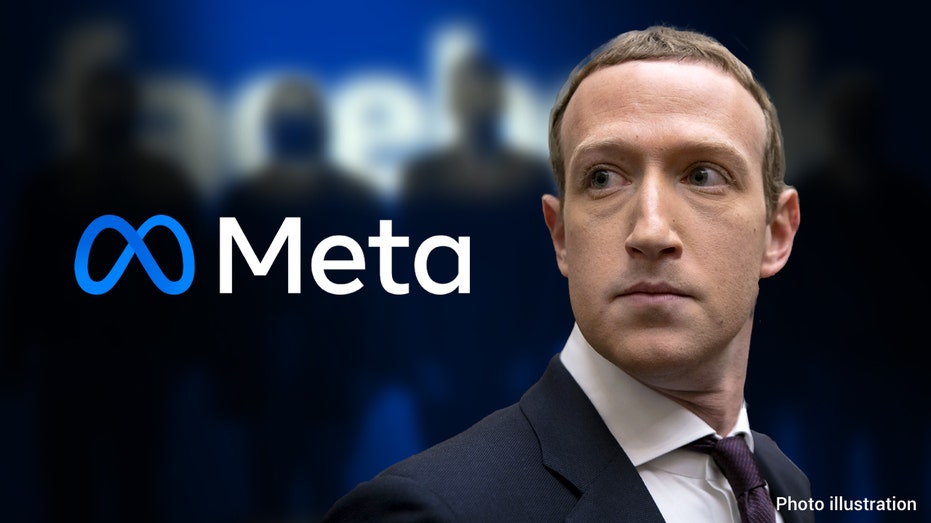WHAT EXACTLY ARE UNICORN STARTUPS? A unicorn startup is a privately held company that is valued at over $1 billion. In India, there are currently over 101 such companies, according to some estimates. These companies come from a variety of industries, including technology, e-commerce, healthcare, and finance. Some of India's more well-known unicorn startups include Flipkart, Ola, Paytm, and Byju's. India has a rapidly growing startup ecosystem, and the number of unicorn startups in the country has been increasing in recent years. This growth has been driven by several factors, including a large and young population, a growing middle class, and increasing access to technology and capital. India is also home to several successful startup accelerato rs and incubators. TYPES OF UNICORN STARTUPS There are various types of unicorn startups, as these companies can operate in a wide range of industries and sectors. Some examples of industries where unicorn startups are commonly ...
"Unicorn startup" is a website that gives you complete knowledge about startups and how they work and our job is to analyse their way of operating.If you are interested in blogs about bussiness and startup world then this blog is for you

Comments
Post a Comment